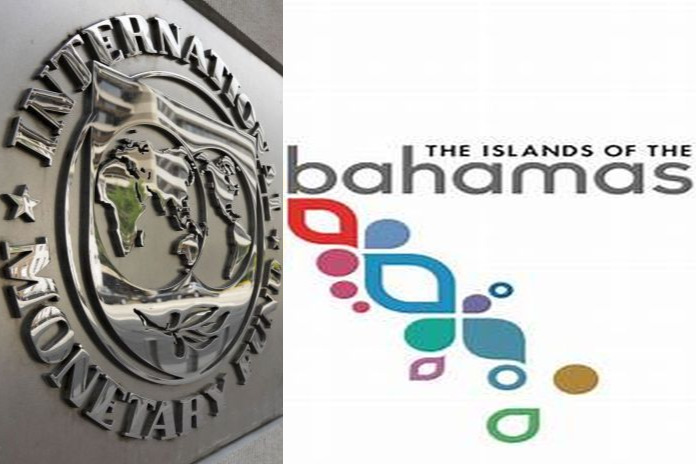USA/The BAHAMAS – On January 22, 2021, the executive board of the International Monetary Fund (IMF) concluded the Article IV consultation with The Bahamas.
The COVID-19 pandemic has exacted a significant human, social, and economic toll on The Bahamas. The archipelago was just starting to recover from the severe damage caused by hurricane Dorian in fall 2019, when the global outbreak of COVID-19 led to a sudden stop in tourism, the main source of its income and employment. The authorities mounted a rapid emergency response to support the economy and vulnerable households and put in place strict containment measures. But amid limited testing and health resources, reopening the economy has been challenging.
Real GDP is projected to contract by 16.2 percent in 2020, followed by a modest rebound of 2 percent in 2021, and to converge back to its pre-pandemic level only by 2024. Public debt is expected to jump to almost 90 percent of GDP by 2021 and to remain more than 22 percentage points above its pre-pandemic level over the medium-term. The banking sector remains well capitalized, but some banks and credit unions are vulnerable to pandemic-induced risks, including an erosion of asset quality once loan moratoria expire, with negative implications for profitability and capital adequacy. Risks around the baseline are high, reflecting the uncertain evolution of the COVID-19 pandemic, and The Bahamas’ vulnerability to natural disasters.
Executive board assessment
Executive directors expressed sympathy for the loss of life and economic hardship caused by the COVID-19 pandemic. Directors commended the authorities for the timely measures to sustain public health, protect the vulnerable and cushion the impact of the pandemic on employment. They noted that the recovery to pre-pandemic levels will likely take years and downside risks loom large, reflecting the uncertain evolution of the pandemic and The Bahamas’ vulnerability to natural disasters.
Directors agreed that the near-term priority is to save lives and livelihoods and postponing the achievement of the public debt target by another two years in response to the pandemic is appropriate. However, putting debt on a clear downward path over the medium‑term and rebuilding buffers will require significant fiscal effort. Directors called for tax policy and administration reforms and expenditure prioritization to ensure a robust and equitable consolidation once the pandemic abates.
Directors welcomed the central bank’s focus on reserve adequacy. They emphasized that the COVID-19 related capital flow management measures are appropriate for now but should be phased out when the pandemic recedes. They recommended the establishment of an asset registry and real estate price index to reduce information asymmetries, which would also support financial inclusion. Directors supported the nation-wide introduction of the central bank digital currency. They stressed, however, that there are significant risks to financial intermediation, integrity, and cybersecurity that require careful monitoring.
Directors observed that the banking sector remains vulnerable to pandemic-induced risks. They urged the central bank to ask banks for regular loan portfolio reviews and risk assessments. They also noted the importance of further developing macroprudential tools and strengthening interagency coordination.
Directors welcomed The Bahamas’ successful exit from the Financial Action Task Force list of jurisdictions under enhanced monitoring, but emphasized the criticality of continuous and effective AML/CFT implementation.
Directors underlined that The Bahamas faces long-standing structural impediments and vulnerability to natural disasters. They recommended modernizing the business climate, rationalizing SOEs, and reducing labor market frictions. Directors called for gradually restoring the disaster relief fund, which was depleted following hurricane Dorian, while improving the targeting of social programs.





